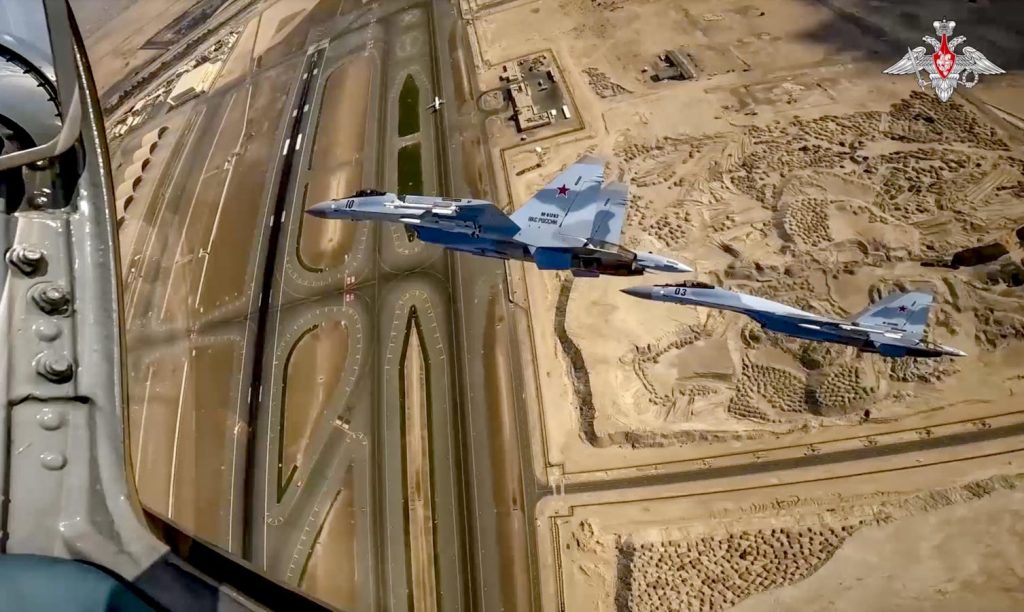Iran is expected to receive its long-awaited Su-35 Flanker fighter jets from Russia as soon as next week, according to reports in Iranian state-run media. The delivery of these fighter jets could signal a significant development, coming at a time of high tensions between Iran and Israel. The first shipment of Su-35s is anticipated to arrive in Tehran, though the exact number of fighters in this shipment remains unspecified. Reports indicate that Iran may ultimately receive at least 24 fighters in total, with a previous report suggesting that Iran had ordered and paid for 50 Su-35s back in 2021.
Claims in Iranian media also referenced a report from Kuwait’s Al-Jarida newspaper, stating that Iran received some Su-35s last year but was denied adequate electronic and spare parts by Russia. It is suggested that Russia delayed providing these essential parts under pressure from Israel and Arab Gulf countries. The reports emphasize Iran’s urgent need for these components to maximize the capabilities of the Russian fighters to defend its airspace against potential threats from Israel. However, the validity of these claims should be viewed skeptically, as there is no visual confirmation or evidence of Iran having taken delivery of any Su-35s.
If the reports of the Su-35s’ imminent arrival in Iran are accurate, it would demonstrate that present regional tensions have not dissuaded Russia from fulfilling its contract. It would also highlight the strengthened military cooperation between Iran and Russia since 2022. Tensions between Iran and Israel escalated following the killing of Iranian Revolutionary Guard Corps officers by Israel in April, leading to a significant exchange of attacks between the two countries. Iran downplayed Israel’s precision strike in Isfahan, emphasizing the use of small quadcopter drones and minimizing the damage caused.
The recent attack in Isfahan damaged the radar of an Iranian S-300PMU-2 air defense missile system, showcasing Israel’s ability to target Iran’s sophisticated air defenses. Iran’s response to the attack indicates a desire to downplay the incident to avoid further escalation. The delivery of Su-35s to Tehran within a week of the attack could serve as a symbolic victory for Iran, showcasing the strengthening of its air defenses in the face of Israeli threats. However, even with the potential delivery of these fighter jets, there may be limitations on their ability to significantly enhance Iran’s air defense capabilities.
Overall, while the rumored arrival of Su-35 fighter jets in Iran may represent a significant development in the ongoing tensions between Iran and Israel, the actual impact of these fighters on Iran’s military capabilities remains to be seen. The potential delivery of Su-35s will likely be closely monitored by regional and international observers, as it could have broader implications on the strategic balance in the Middle East. Iran’s acquisition of advanced fighter jets could potentially alter the dynamics of regional conflicts and influence the security calculations of neighboring countries.


